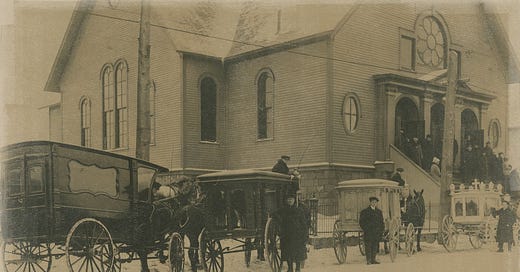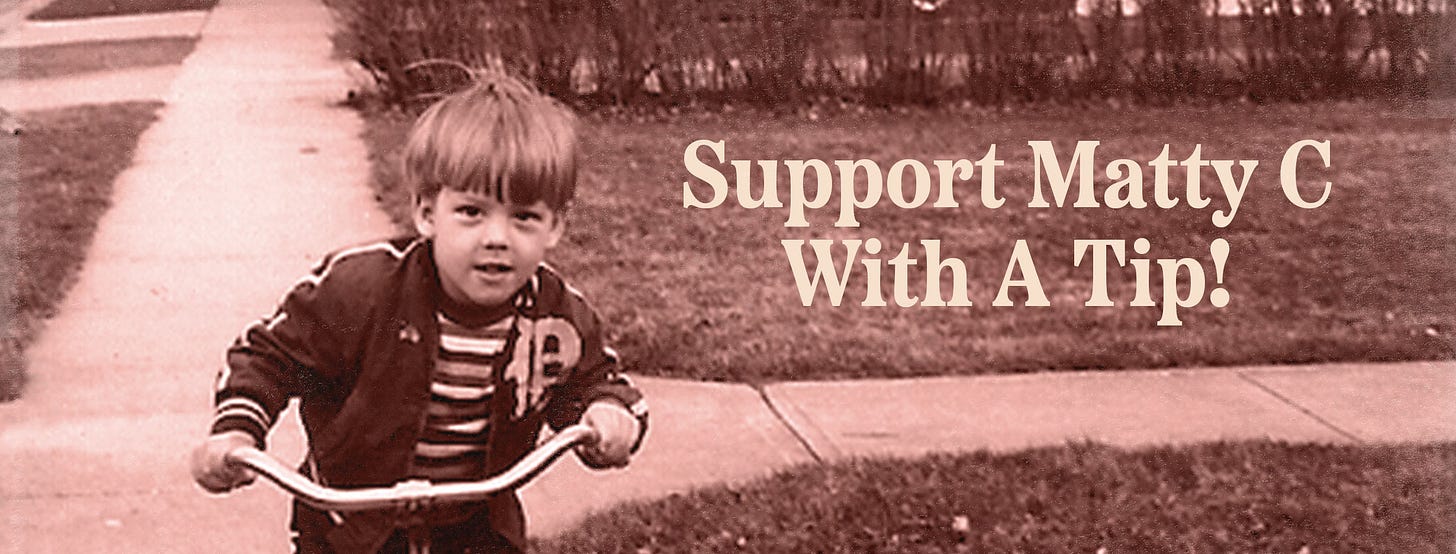What Is Your Favorite Historical Song?
This week at WAIM Radio, we're cracking open the history books for an hour of the past brought to life with song. Which historical tune is your favorite?
By 1913, The Calumet and Hecla Mining Company was the most successful copper mine in North America, and perhaps the world. Geographer and physician Douglass Houghton had first found ore in Michigan’s Upper Peninsula in 1841. For more than half a century, miners from Cornwall and Scandinavia poured in to work these new copper mines. Business boomed. While a trio of companies found long lasting success in the Copper Country of Michigan’s Upper Peninsula, The Calumet and Hecla Mining Co. was at the top of the heap.
Annually, they paid out higher shareholder dividends than their competitors. Profits soared and money rushed in for those holding assets in the company. For the men working in the mines, life was a very different matter. Men worked 10-12 hours a day six days a week. Children as young as eight were sent down to work in the mines as well. There were myriad safety concerns, especially the dangers of using a new one-man drill that put workers at additional risks but further increased profits for the company.
Workers were paid poorly and offered no compensation if they were injured for killed on the job. To make matters worse, these men were paid only in company scrip and not in US currency. This forced workers and their families to pay severely inflated prices to buy goods and food at the company store.
Fed up with poor working conditions, low rates of pay, and no hope for the future, the workers voted to strike and join the Western Federation of Miners. The strike dragged on into the autumn and early winter. Support for the workers remained high, but morale was getting low as food and funds became harder to come by. To boost the community’s spirits, a Christmas Ball would be held on Christmas Eve at the Italian Hall in Calumet.
The festivities were lively with an estimated 400 attendees. There was food, drink and live music. The setting was a marvelous distraction from the hardships of the strike. Then, in the midst of the party, someone yelled, “Fire!”
Partygoers clamored for the exits only to find the doors locked from the outside. Panicked guests pushed and shoved their way through find the doors either locked or unable to open - no is certain of the exact cause - crushing dozens in the melee. By the time the chaos had ended, 73 people were dead, including 59 children.
There had never been a fire. Several witnesses claim to have seen the man who yelled, but were unable to obtain a positive identification. Many of these witnesses saw the man wearing a button supporting a group called Citizens' Alliance that was fighting hard against the striking miners. It is very likely that this was a deliberate act of instigation against the strikers meant to harm and terrorize the partygoers and their families.
The strike wavered in the early months of 1914 and the workers returned to the mines having gained almost nothing for their months of lost wages. Nor, had they much to show for the 73 dead from the Italian Hall. Life in the UP went on much as it had before.
In 1940, Woody Guthrie happened to read an account of the Italian Hall Disaster and quickly set to work writing his tune, ‘1913 Massacre’. By penning and recording the tune, Guthrie not only put his own stamp on the story, but he helped to keep the tale alive at all. He revived a largely unknown tragedy and brought it back into the public consciousness all in the space of a four minute song. That is the power of music.
This week on WAIM Radio we are combing history for an hour of tunes about our shared past. What is your favorite historical tune and why? Is there a lesson you learned in song that you would have otherwise missed? Tell us all about .
Be sure to tune in Friday live at Noon Eastern on Suburbs Radio to hear the show live as it airs. New episodes are also archived here at WAIM each Tuesday. Feel free to go back and listen to any of our episodes at any time in the WAIM Radio archive.
Cheers,
Matty C









Antietam-Tobin Sprout. The 7” version
The War-Lucero
Deportee(Plane Wreck at Los Gatos)-Los Super Seven version though all of them are great.
Battle of New Orleans-Johnny Horton. One of the earliest songs I remember hearing and liking.
The Wreck of the Edmund Fitzgerald (Gordon Lightfoot)